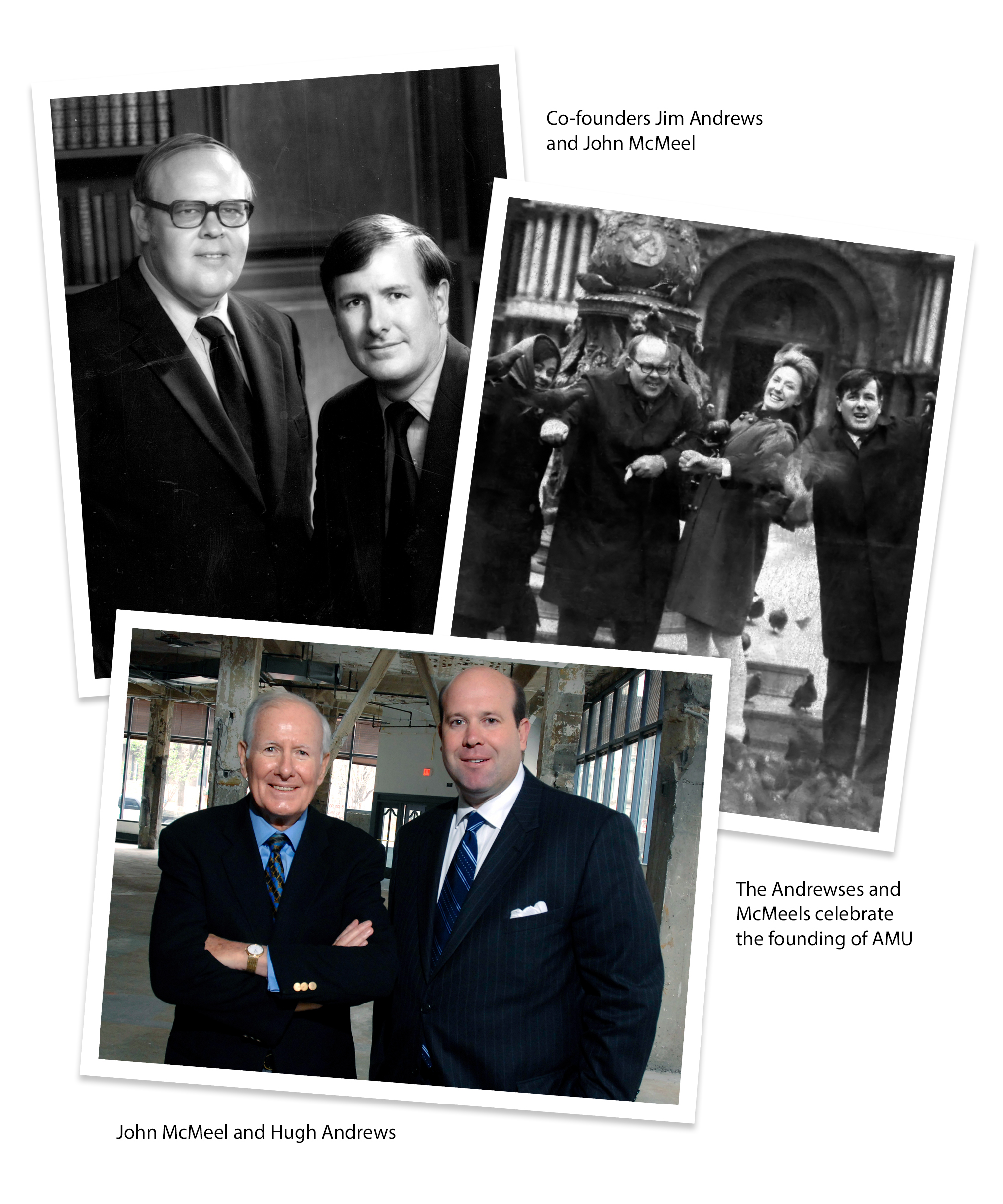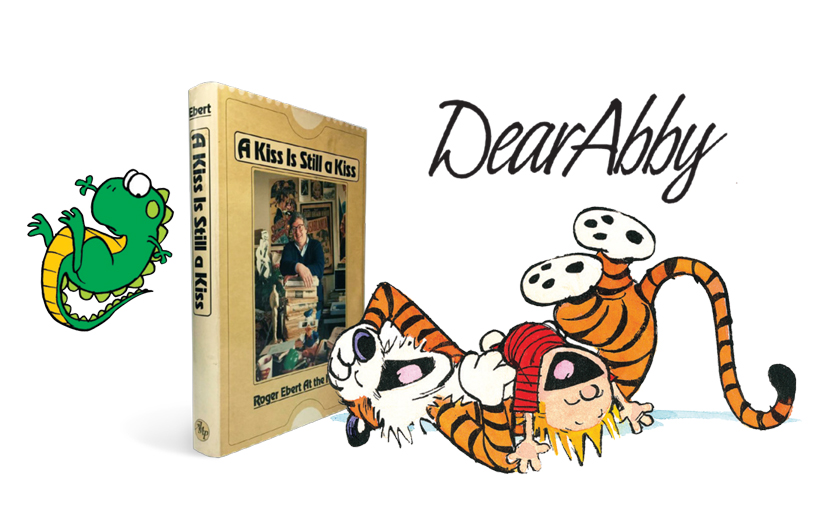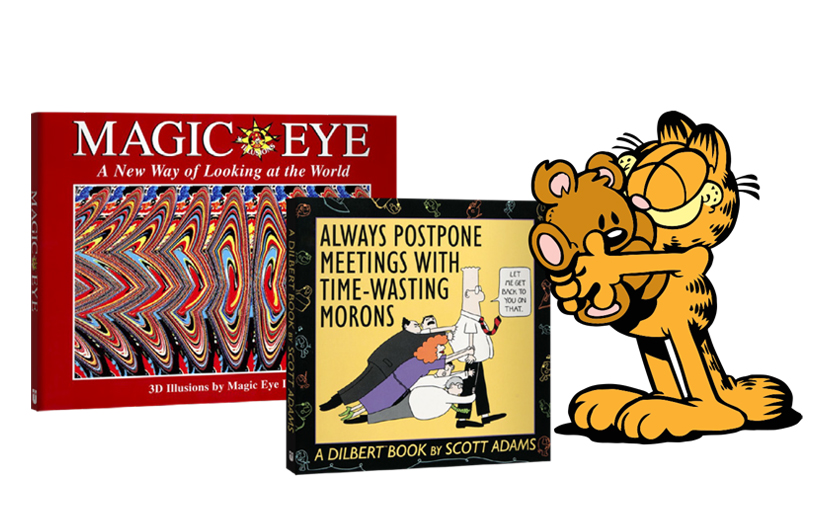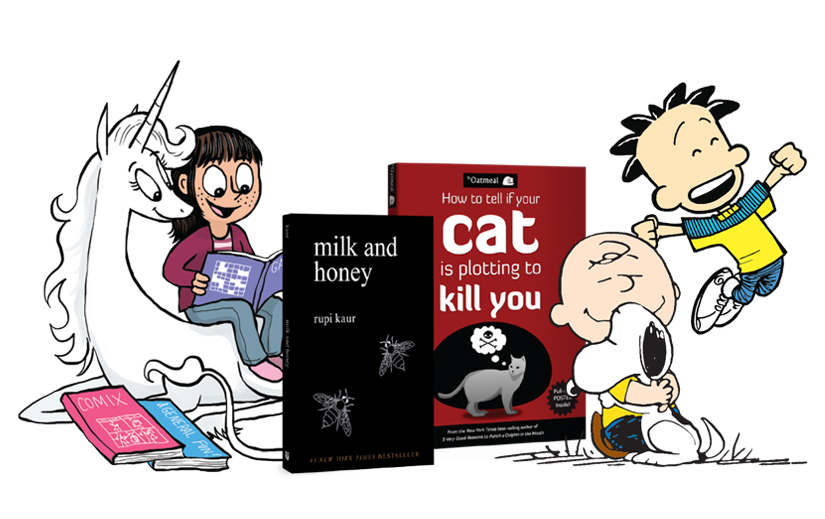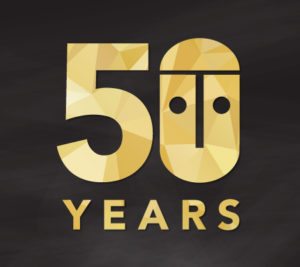The Andrews McMeel Universal (AMU) story begins with the dynamic partnership of Jim Andrews and John McMeel — two charismatic innovators who challenged convention to give voice to the groundbreaking comic storytellers and cultural commentators of the day.
In 1970, Jim and John joined forces to act on their long-held dream of establishing their own media enterprise. With the support and encouragement of their wives, Kathy and Susan, they launched Universal Press Syndicate (UPS).
From a modest beginning (the Andrewses, in a rented house in Leawood, Kansas, where Kathy, as the financial officer, pored over spreadsheets on the couple’s dining room table while Jim, the editorial department, toiled upstairs in a bedroom office; and the McMeels, running sales and marketing from a one-room sublet on Fifth Avenue in New York City), Andrews McMeel Universal has grown to be a global, independent and integrated media company.
Distinguished by a creator-first approach and an uncanny ability to tap into the zeitgeist of popular culture, AMU’s remarkable roster of talent — in newspaper syndication; book, calendar and greeting card publishing; digital consumer experiences and entertainment licensing — includes dozens of New York Times best-selling authors and winners of Pulitzer Prizes, Reubens and Emmy Awards.
Jim and John’s entrepreneurial vision, progressive business philosophy and steadfast commitment to the artistic goals of each creator continue to serve as the foundation of AMU’s culture.

